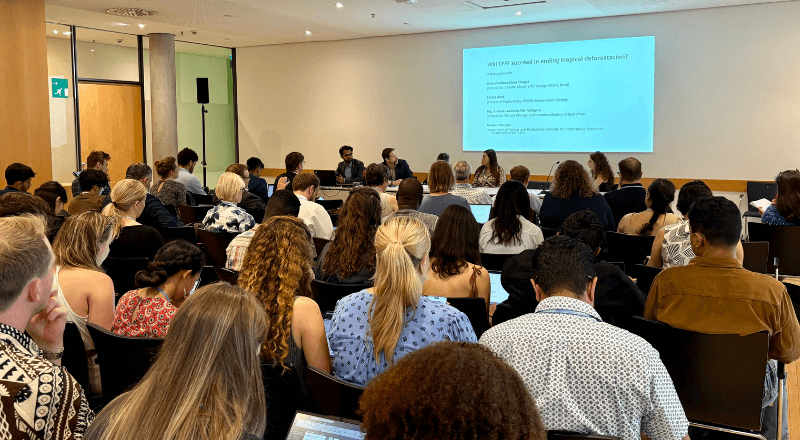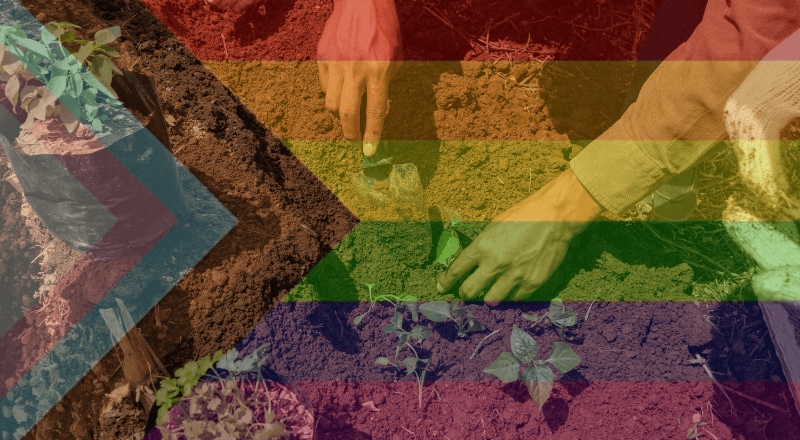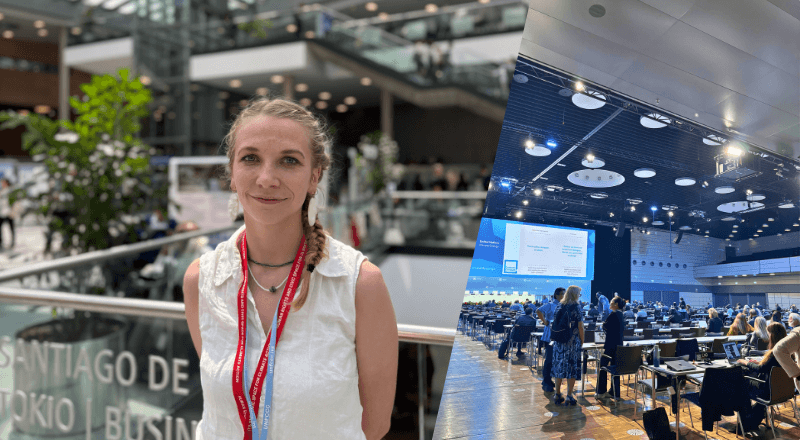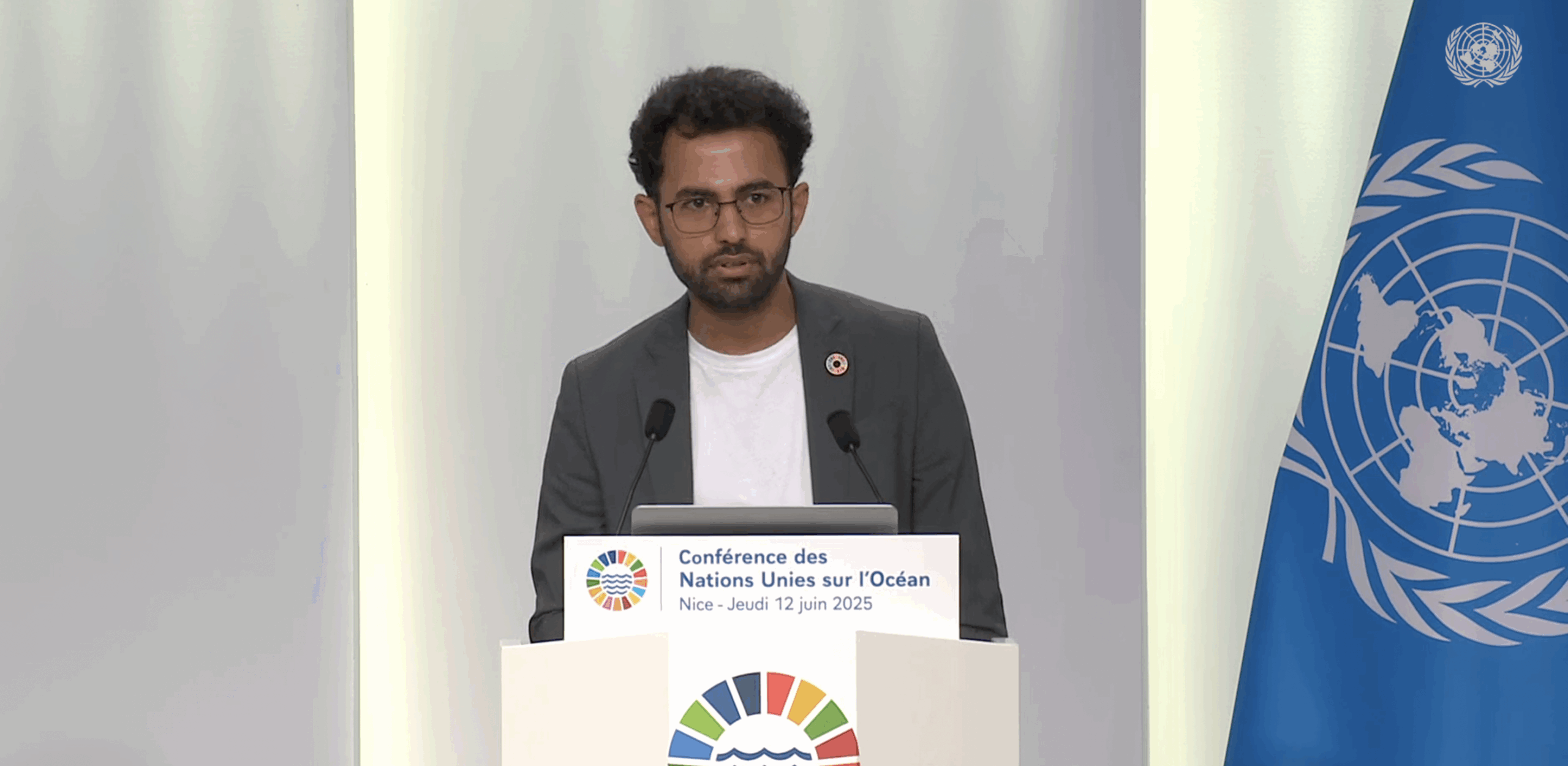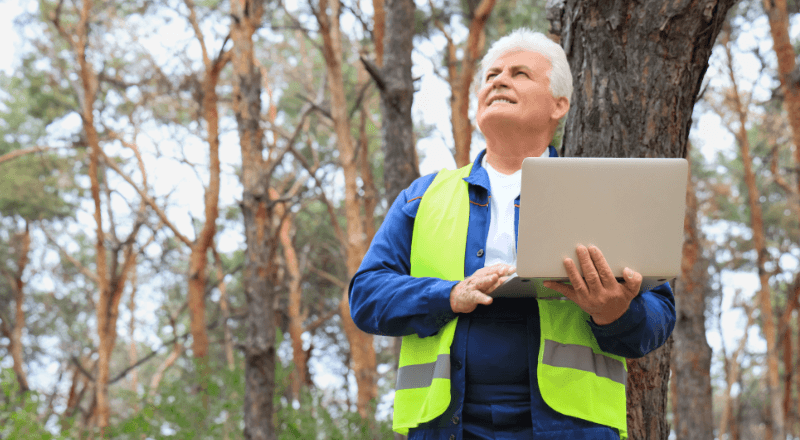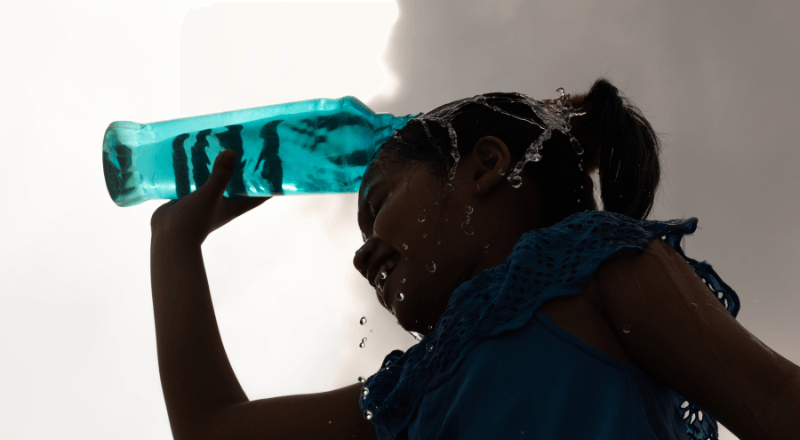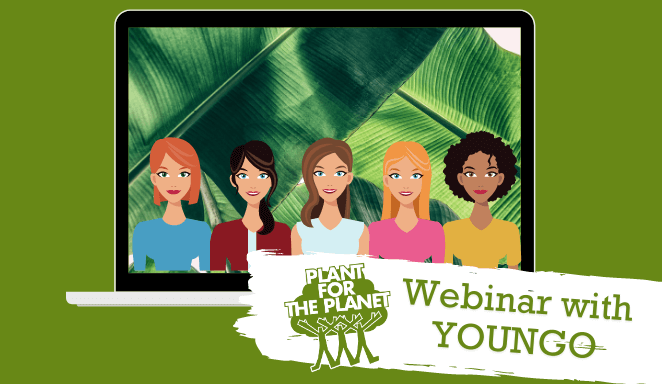
The YOUNGO Women and Gender Working Group organised and hosted a webinar titled ‘Young Women in Climate Dialogues’ as a special event for the UN Climate Change Dialogues 2020. The lead organisation was Plant-for-the-Planet in collaboration with the UK Youth Climate Coalition and Plan International. In this session, speakers presented the barriers in climate policy engagement for young women and girls, best practices on meaningful participation and addressed the future of young women and girls in climate policy.
Speakers from GenderCC South Africa and Plan International analysed the current barriers to young women and girls in participating in climate policy. They highlighted that young women and girls have the right under the UN Convention on the Rights of the Child to participate in policy processes. However, the challenges facing them from birth into adolescents and beyond are a patriarchal system and discriminatory gender norms that impact both their lived experiences and their ability to meaningfully engage with policy. Furthermore, key barriers that are also solutions are education and policy.
In order for policies to effectively address the needs of young women and girls, they need to be consulted throughout the policy development process. Inadequate school curriculums that fail to relate climate change to young girls in a way they understand and can engage with, need to be reformed. Furthermore, climate policies and education should incorporate practices of intersectionality and social justice. In terms of impeding systems, systemic change can occur through better orientation of men, in a culturally and religiously appropriate manner. A representative from the Gender Desk Officer in the Federal Ministry of Environment for Nigeria, further highlighted the digital divide as a barrier for young female participation in climate dialogues. While the YOUNGO Women and Gender working group representative added that addressing the digital divide and establishing forums where young girls can form a collective voice is necessary to enhance the global climate gender agenda.
Ultimately, the speakers established that the best way to eliminate barriers to young women and girls is greater funding and better coordination of policy implementation. Funding needs to be made available for young women’s participation at the grassroots level, so that they can inform both local climate policies and highlight their challenges to civil society and NGOs who advocate on their behalf. Additionally, civil society plays a pivotal role in implementing climate plans but also in taking their experiences and interactions with young women on the ground to the policy making tables. Importantly, these aforementioned barriers promote exclusion of young women and girls from climate policies, long before they reach international forums. The way forward requires routing out these systemic challenges and uplifting the voices and experiences of young women and girls.
Event description on the UNFCCC site: https://unfccc.int/cd2020/specialevents
